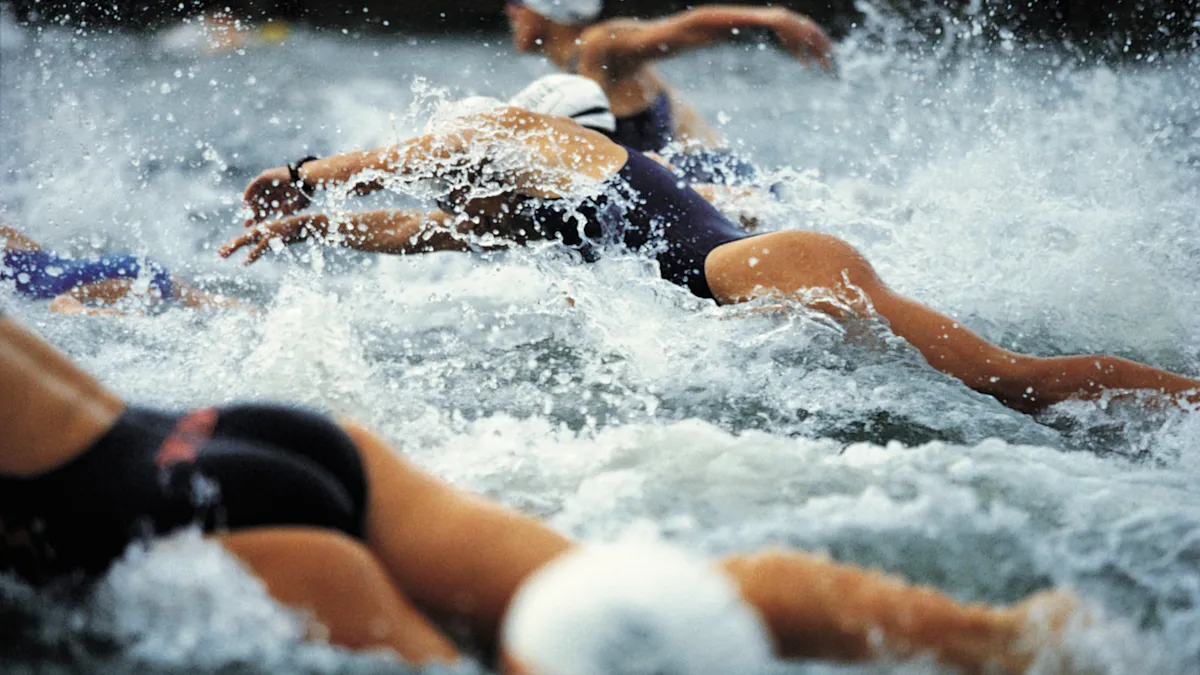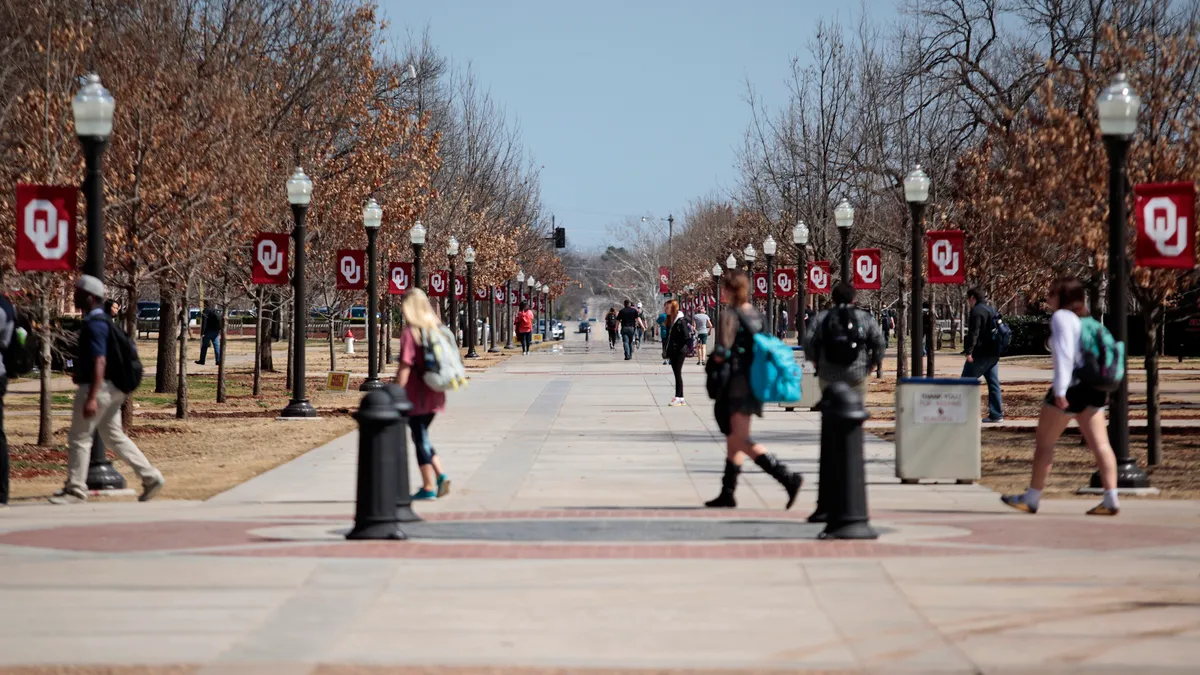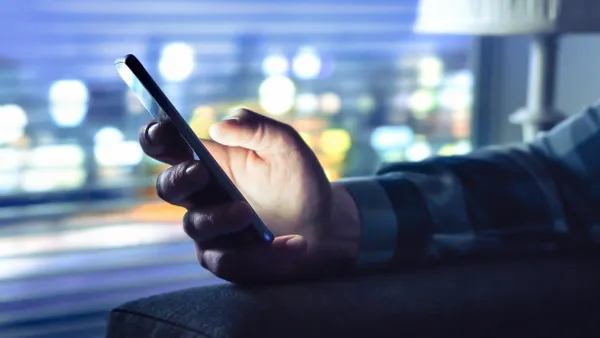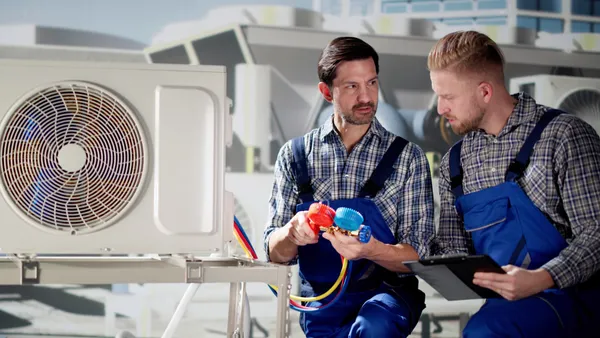Dive Brief:
- A vast majority of surveyed members of the National Association of Intercollegiate Athletics want to offer psychiatry services to their college athletes but don't. That's according to a new report from Mantra Health, a virtual mental health startup focused on college students.
- The NAIA represents small collegiate athletics programs across North America. Among respondents, the top five wished-for resources were mental health training for coaches and directors (90%), workshops on developing coping skills and building resilience (88%), mental health training for students (86%), a sports psychologist (70%), and therapist and walk-in hours (57%).
- The survey laid out four mental health focus areas for college athletic departments: staff training, awareness, cross-campus collaboration and dedicated funding.
Dive Insight:
Several college athletes died by suicide this spring, prompting calls for college and athletics leaders to do more to address mental health. The news increased the conversation around the unique mental health challenges the group faces.
These students are juggling multiple sets of expectations that are often more demanding than a full-time job, according to Elizabeth Jodoin, a clinical solutions consultant at Mantra Health.
"You always hear that they're students first. But they're still expected to be at all these practices and games between classes. It's super challenging," she said.
Many college athletes decide to hide emotional issues or deteriorating mental health out of concern their coaches will bench them, Jodoin said. That pressure piles on top of classwork and a general stigma around mental health challenges.
The NAIA survey, released Monday, covered more than 50 of the association's members. About two-thirds of those surveyed worked at private institutions. The NAIA spans 250 colleges with some 77,000 college athletes in total.
Balancing academic and athletic responsibilities was the top factor affecting college athlete mental health, according to athletic staffers who responded to the survey.
Half of respondents said their teams have access to a 24/7 mental health crisis hotline, and 44% said their teams offer telehealth services.
Increasing flexible services offered outside of traditional working hours is crucial to college athletes, Jodoin said.
"Their schedules are always challenging because they're out of town for games. Often, a campus counseling center's 9-to-5 hours do not work great for them," she said.
If a college athlete does seek help but has a bad experience or is turned away due to limited availability, they may not return, according to the report. Their mental health can worsen as a result.
Having resources readily available to college athletes is crucial for mental health intervention, Jodoin said. She wasn't surprised by the lack of in-house psychiatric services the survey found.
"Sports medicine doctors are commonly the extent of who's on a department's staff, so the student would have to go out of their network to find that kind of help. It's a tough role to fill," she said.
Support from fellow college athletes is also a strong option, according to Jodoin. Only one in four survey respondents said their college offers support groups for their athletes.
"Peer-to-peer has traditionally worked really, really well for college students," she said. "Getting student-athletes involved directly and allowing them to be the ambassadors, would be a great place to start."
Some college athletes have sought out each other beyond their institutions. One college athlete support group run by The Hidden Opponent, an organization dedicated to mental health in sports, has almost 2,000 members.
If you or someone you know is having suicidal thoughts, call the National Suicide Prevention Lifeline at 1-800-273-TALK (8255).














